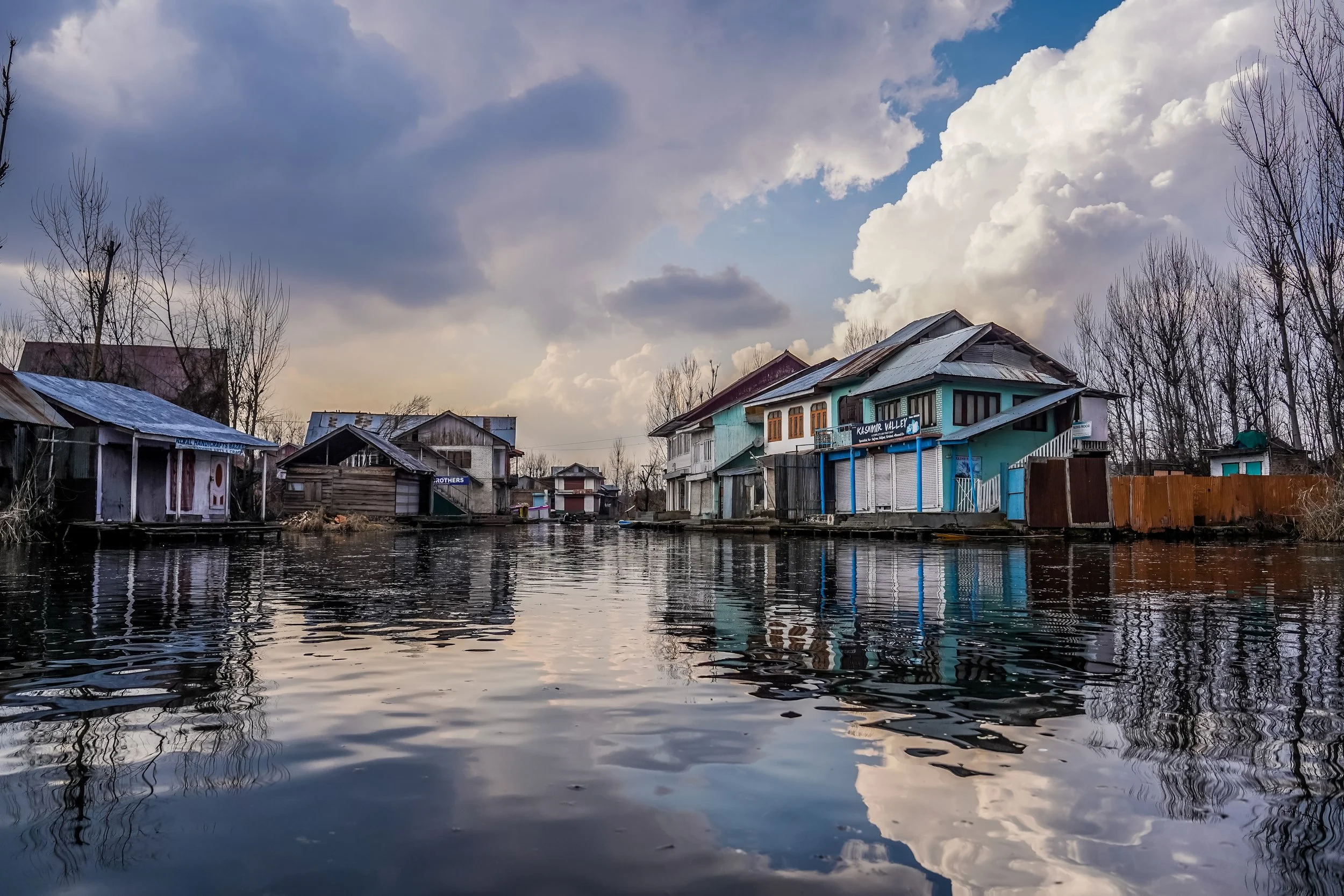Jillian Blanchard, Vice President of Climate Change & Environmental Justice at Lawyers for Good Government (L4GG), issued the following statement in reaction to the disappointing U.S. District Court ruling on class certification in the first-of-its kind lawsuit against the Environmental Protection Agency (EPA), challenging the Trump administration’s unlawful termination of $3 billion in Environmental and Climate Justice (ECJ) Block Grants:
“We are deeply disappointed by Friday’s ruling from Judge Richard J. Leon. His dismissal of this motion and denial of class certification leaves hundreds of under-resourced communities to fend for themselves in challenging one of the most sweeping and unlawful funding terminations in recent history.
“If these constitutional claims cannot be heard in a District Court, where can they be heard? The Federal Court of Claims—where Judge Leon has said these cases now belong—cannot hear Constitutional claims. This ruling delays relief for 350 grantees nationwide who have been promised money to address basic human needs, including clean air, clean water, and a resilience center to go to during a hurricane.
“These environmental justice grants were so much more than just contracts. They were commitments made by Congress to address longstanding harms and help local organizations build safer, healthier, more resilient communities, take lead out of drinking water, and reduce asthma rates in children. These are not political issues—they are life and death issues that Congress appropriated $3 billion to address.
“By dismissing this motion following the Supreme Court’s recent decision to try to force these cases into a small crowded court, the burden will fall on small nonprofits, Tribes, and local governments to find legal representation, file costly individual suits, and wait for justice, while their critical work remains stalled and their communities remain vulnerable.
“The decision, while damaging, does not address the key substantive issues associated with the unlawful termination of a complete, Congressionally-mandated program. That issue still needs to be resolved—in District Court—not in the Federal Court of Claims, which does not have the power to reinstate entire programs. They can only rule on breach of contract claims. This fragmentation is exactly what the administration was counting on: a divide and conquer strategy meant to impose a near-impossible barrier to overturning these unconstitutional cuts.
“But we are not walking away. This decision did not delve very much into the merits of the case, and instead was mostly based on an assessment the court did not have jurisdiction. As such, there is more room to pursue other legal avenues, all of which L4GG and its partners will pursue to obtain justice for these grantees. We remain committed to restoring this funding, holding power accountable, and ensuring that the communities most impacted by pollution, hurricanes, and dirty water, are not silenced or sidelined.”
# # #
Lawyers for Good Government (L4GG) coordinates large-scale pro bono programs and issue advocacy efforts to protect human rights, defend the environment, and ensure equal justice under the law, and has a network of 125,000+ lawyers to assist in its efforts. lawyersforgoodgovernment.org





